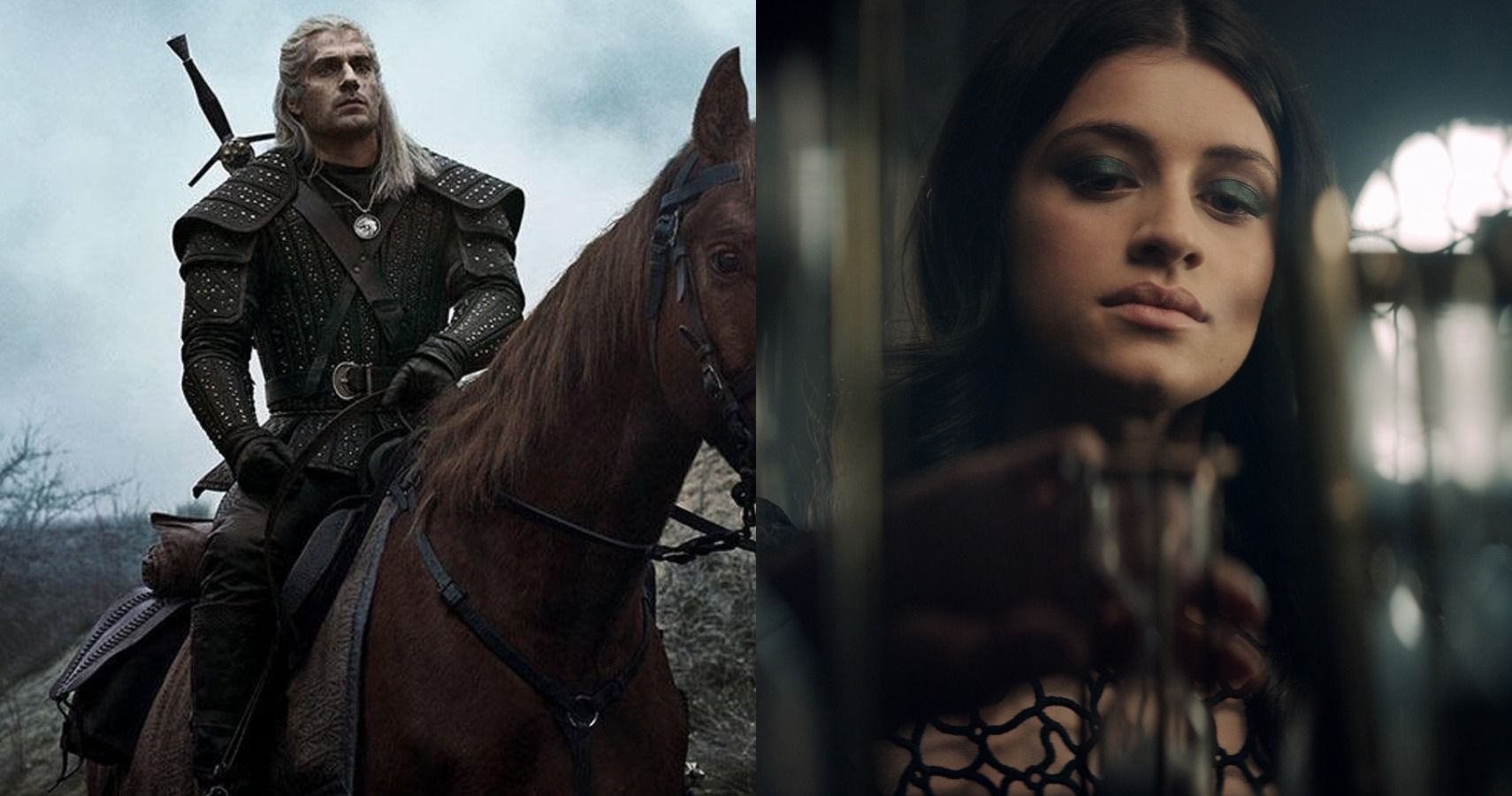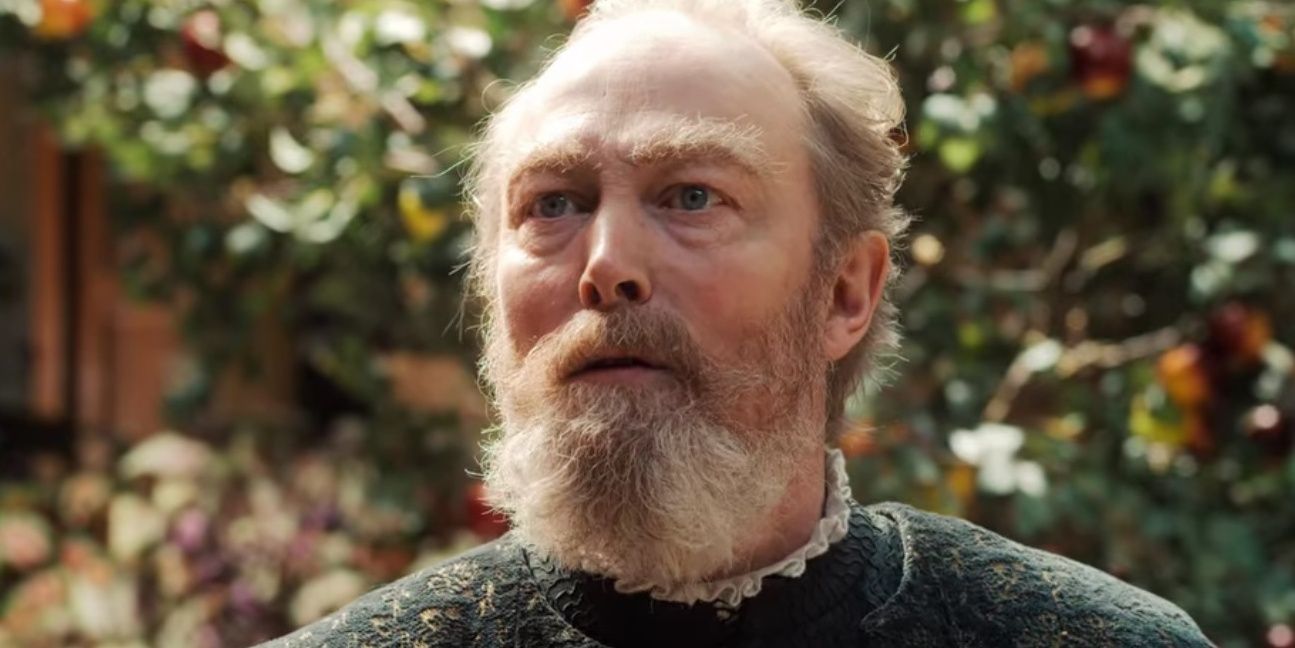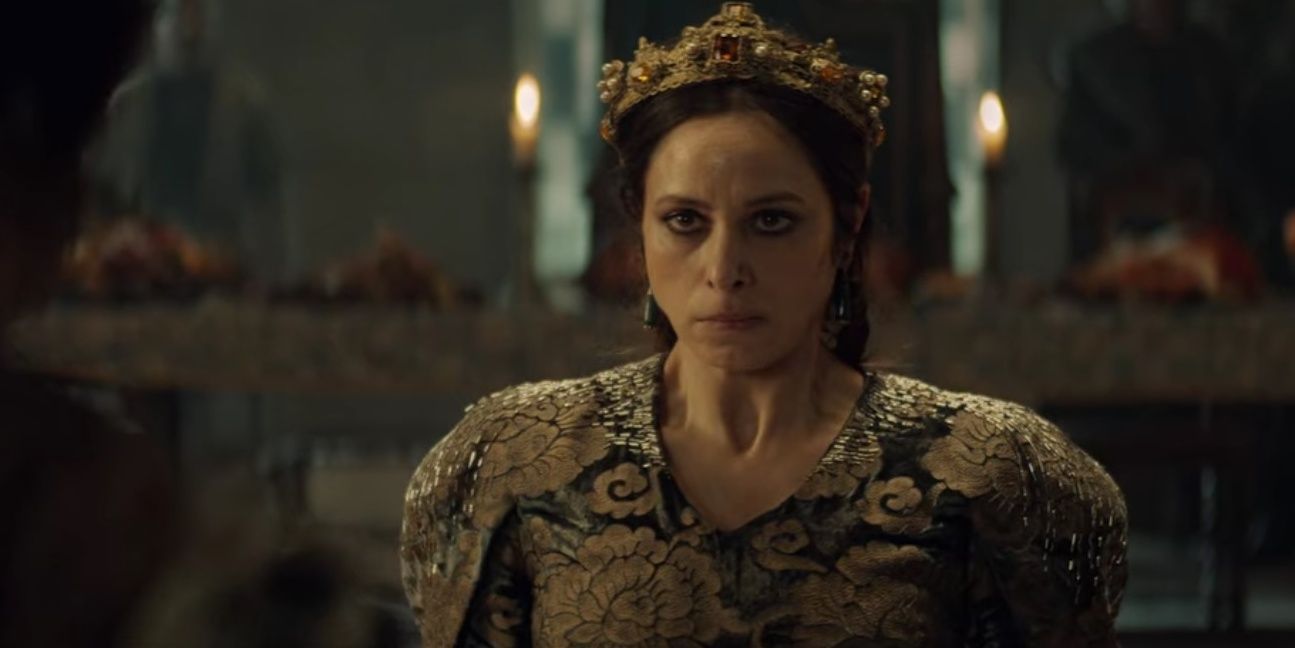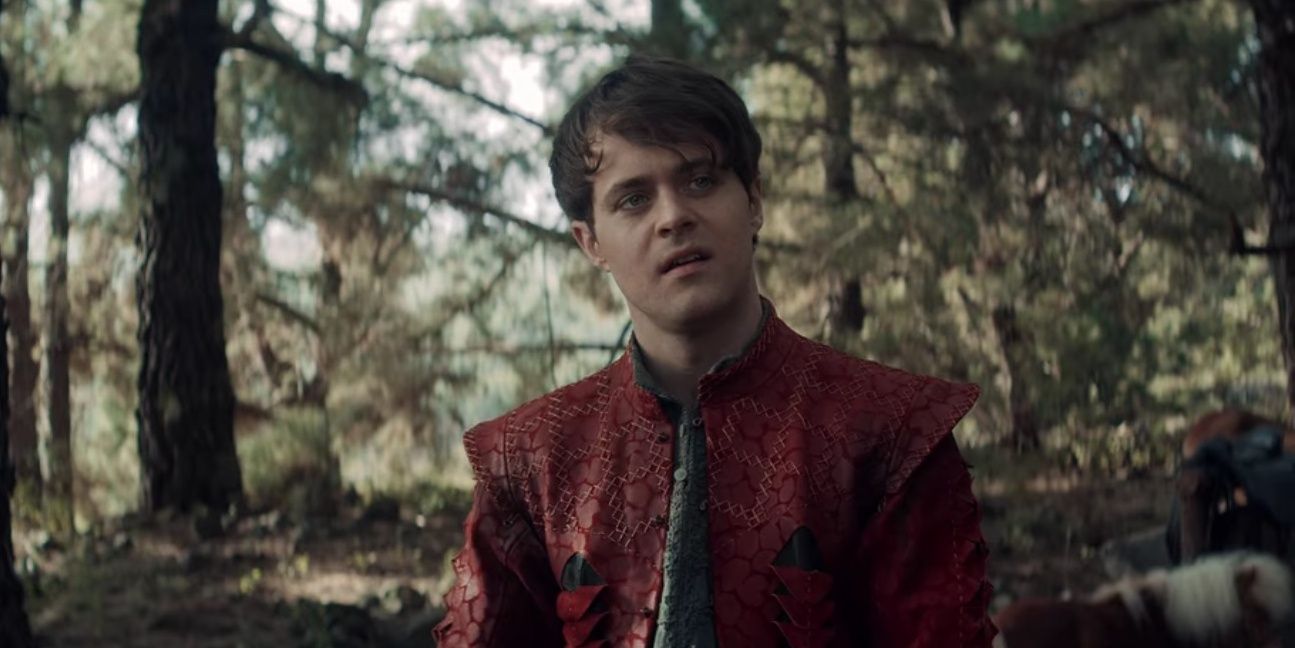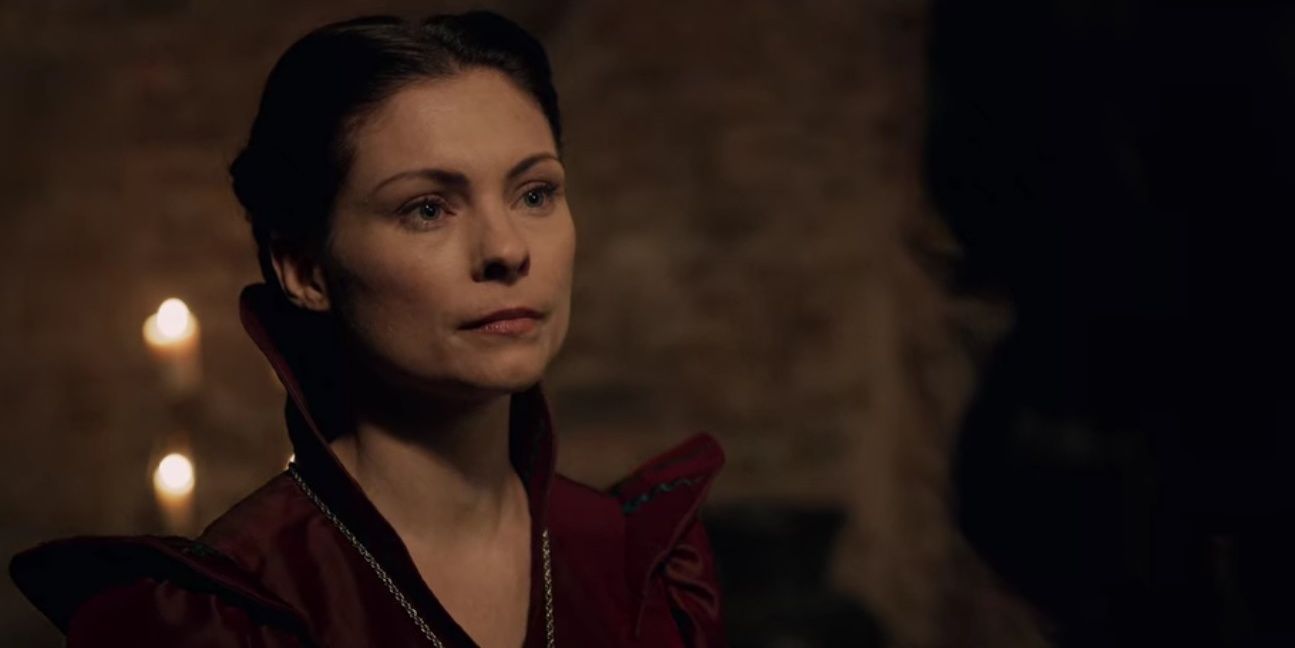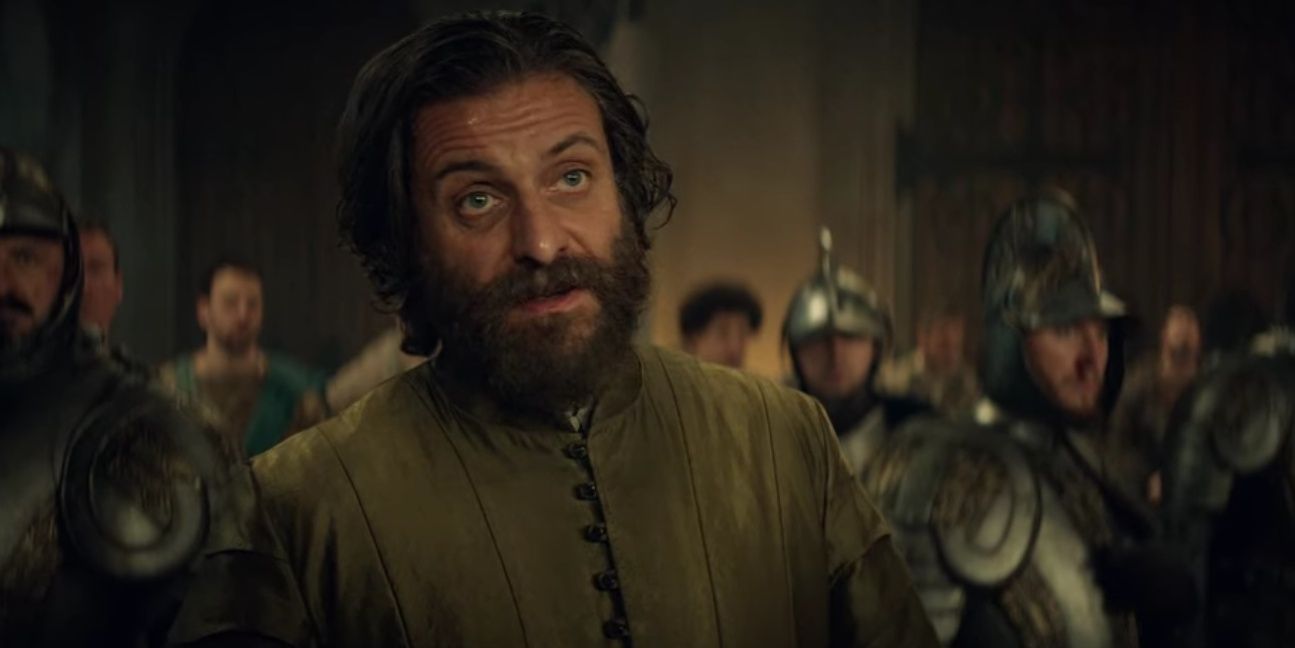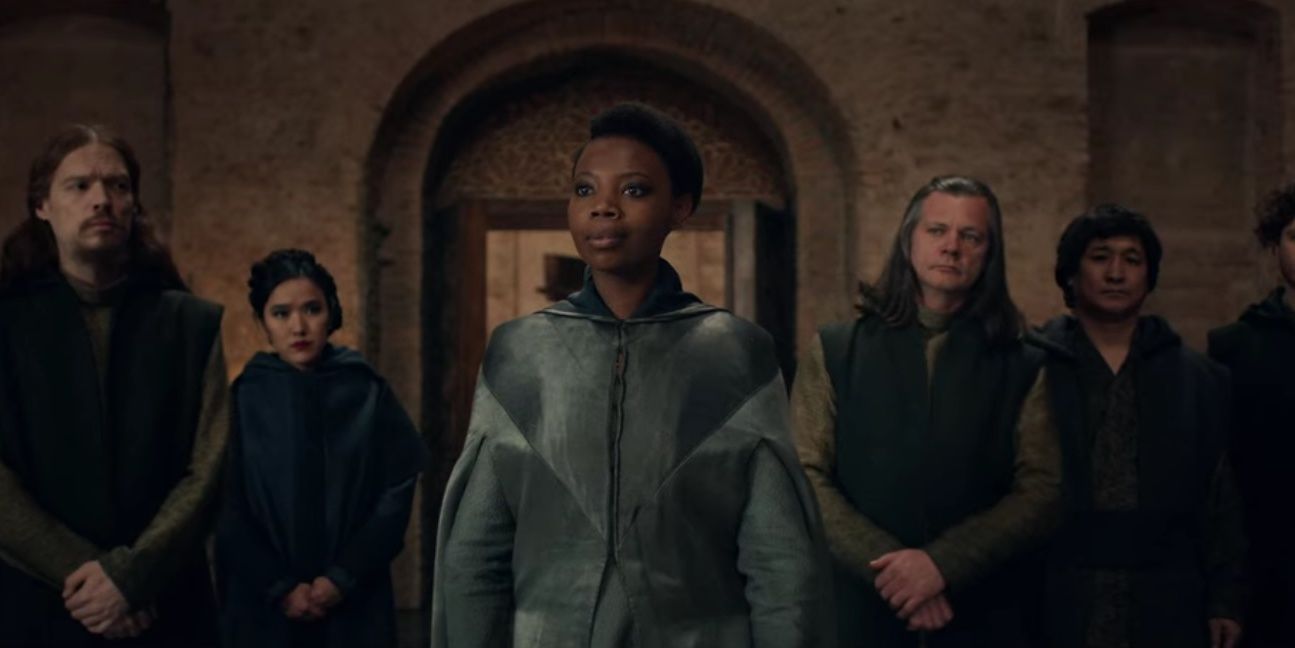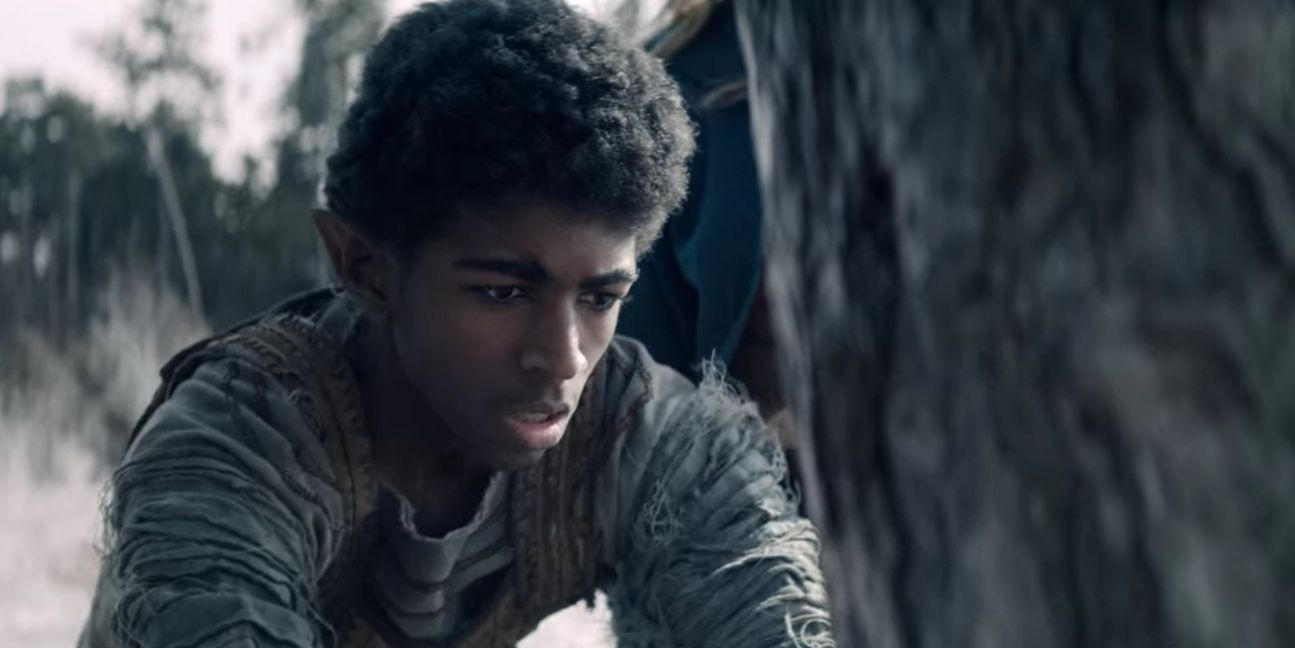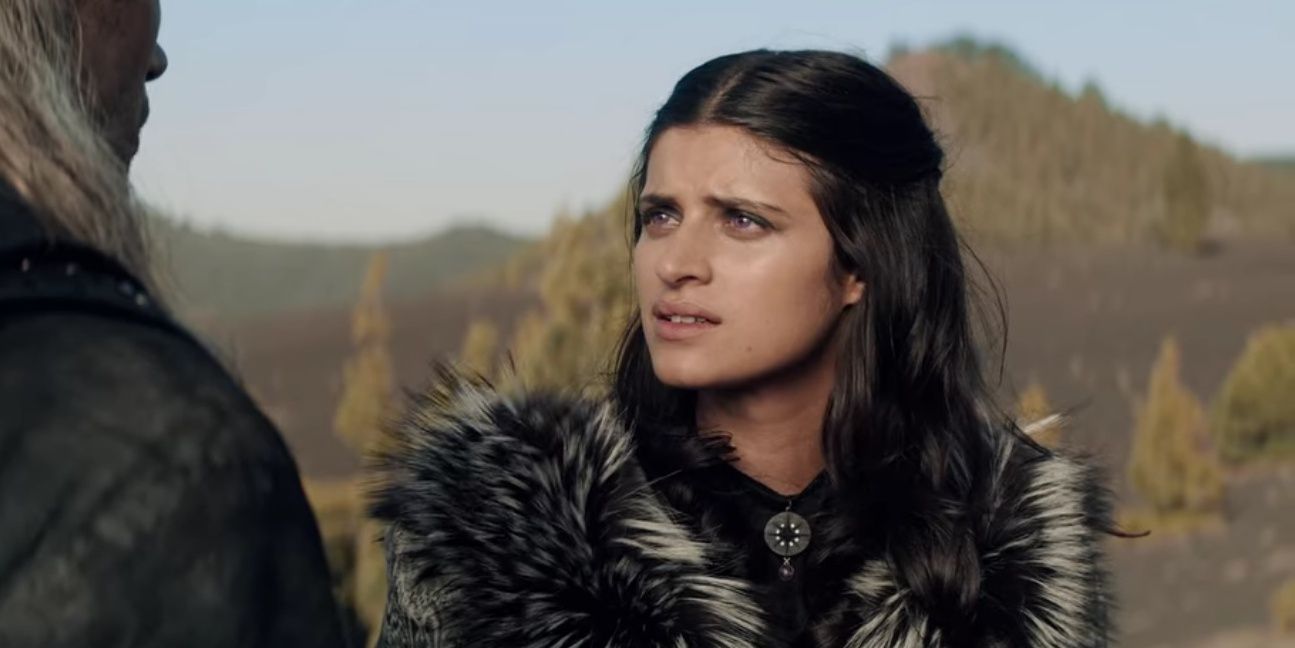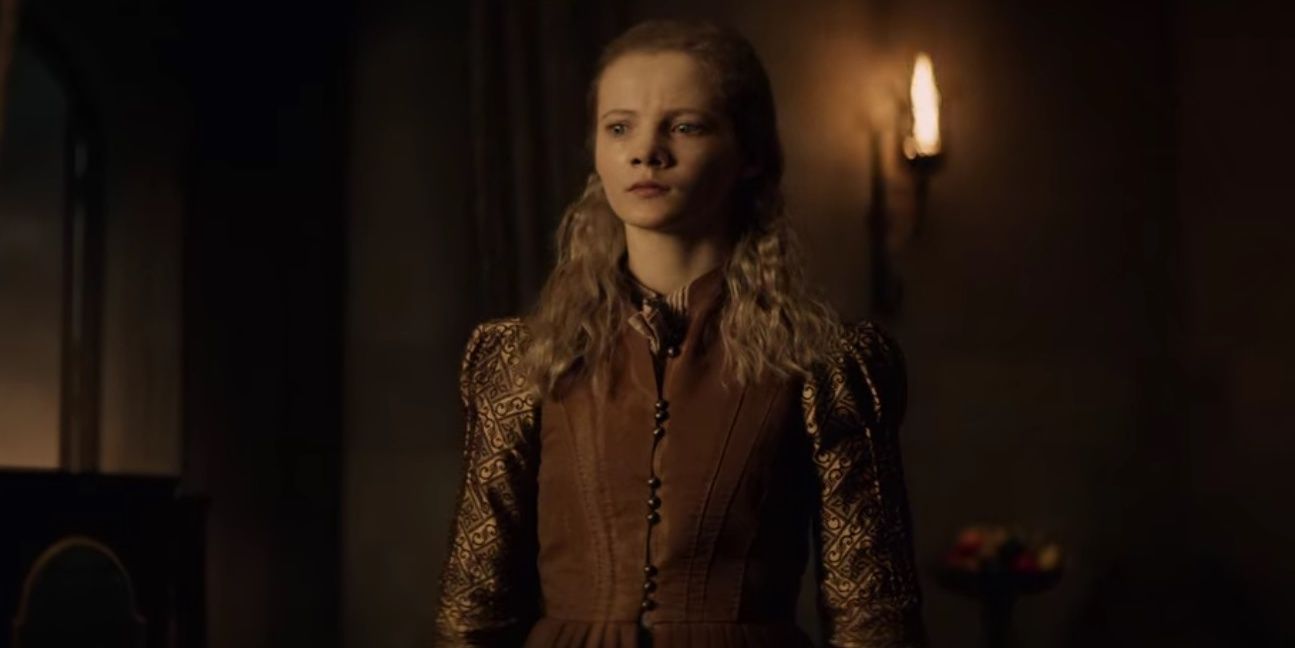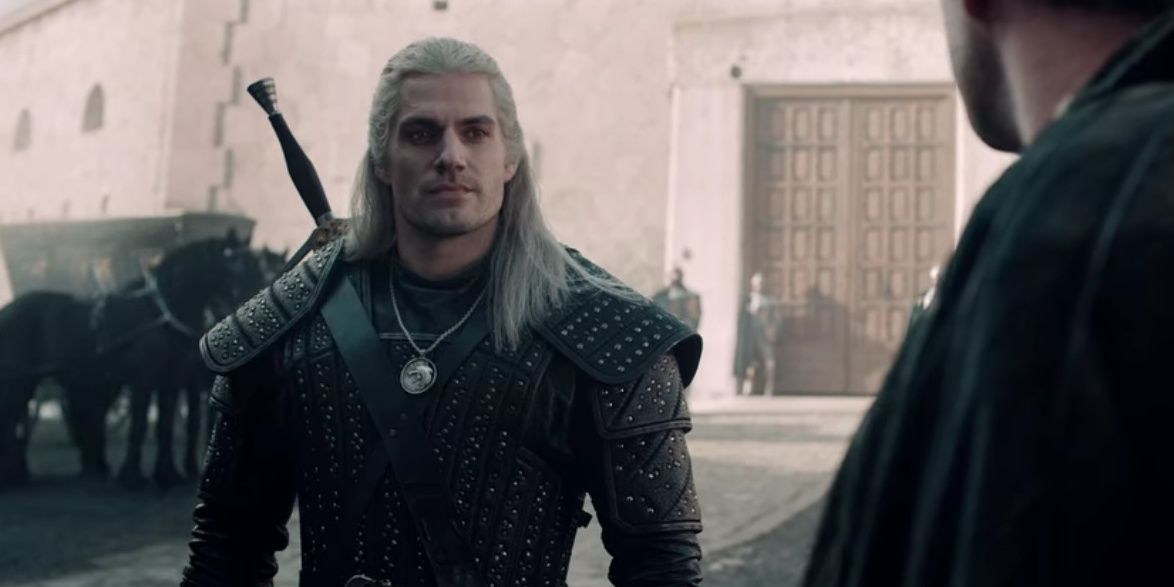Netflix's new The Witcher series follows the somewhat snarky Geralt on his monster-hunting adventures. But it also spends a lot of time on at least two other prominent people in his life: Yennefer and Cirilla. The first season jumps around the timeline of the Continent so the viewers can see what trials and travails led them together, including some painful fights and transformations.
With a second season already decided on, and some changes from the books and games already made, it's time to look at the moral alignments of some of the characters in the Netflix adaptation, from mages to royalty.
Stregobor: True Neutral
The show's introduction to Stregobor is a dubious one. He claims he needs a human monster killed, and tells just the right half of the truth to make Princess Renfri sound monstrous. Not that Geralt falls for it. Stregobor sometimes seems to find the rules useful, or he wouldn't bother being in the Brotherhood of mages.
But it really does seem like just a tool for him, and he seems willing to break the rules to get things done, like his eclipse-baby genocide (which doesn't sound like it got pre-approved). While Stregobor talks a good game about the "lesser evil," he seems too interested in satisfying his own curiosity and desires to really care about whether something is good or evil.
Queen Calanthe: Chaotic Neutral
Queen Calanthe is a mixed bag. She doesn't let anyone get in her way, and she has a bloodlust and rebellious streak the Cintrans hate her for. But she's also a lover and an involved grandmother. She shows a sense of duty to her people when Nilfgaard attacks, proving she doesn't lean as far as evil.
Chaotic is a very good word for Calanthe; at her daughter's wedding feast, she orders her men to attack Duny and Geralt. But as soon as her lover starts fighting on Duny and Geralt's side, she jumps in to help them instead of her own men before telling them to stop. She's one very unpredictable woman.
Jaskier: Chaotic Good
Jaskier loves to help. Unfortunately, he kind of sucks at it. His first attempt to "help" Geralt makes the witcher famous, but with the side effect of making him out to be someone he's not. He also inadvertently gets Geralt a child of surprise and a new girlfriend.
Initially, Geralt is pretty angry about this, but he seems to start coming around to it by the end of season one, so maybe Jaskier is more of an idiot savant at helping. Jaskier has no respect for traditions or codes, and feels free to embellish or twist the truth in his songs, and puts his "sausage in the wrong royal pantry," as Geralt so vividly puts it in episode 4.
Tissaia De Vries: Lawful Neutral
Tissaia ends up looking like one of the good guys toward the end of the first season, but after the first part it's hard to call her good. Tissaia follows the rules of the Brotherhood, and upholds the institution because of the good she believes they do for society.
But she buys Yennefer like a slave, forces her into magic lessons, and threatens her life with insane tasks like catching lightning in a bottle without proper training. Not only that, but she turns failed acolytes into eels to power a building for eternity. However good she thinks she is, she leans a little too far to the evil side to fit in that box.
Mousesack: Neutral Good
Mousesack is the rare person Geralt seems to actually call a friend. It's not hard to see why; Mousesack is a very friendly guy, but he also seems sensible and handy in a jam. Mousesack does have a certain amount of respect for rules of the world, like the Law of Surprise and destiny.
He tries to convince Geralt to claim his child surprise lest everything fall apart, but Geralt peaces out anyway. But he doesn't seem to just play by the rules, since he doesn't tell Calanthe that he's going to go visit Geralt within Cintra.
Fringilla: Lawful Evil
Though it's unclear exactly what the White Flame is at this point in the story, Fringilla clearly believes in their code. In fact, she seems to be a leader in this new order to the South that disagrees with the practices of the magic Brotherhood.
She keeps her composure, and is civil enough to go to the council meeting of the Brotherhood when they're discussing the attack by Nilfgaard, the country Fringilla advises. Though she says many things to anger them, her air of decorum when talking about how there is no such thing as light and dark magic puts her firmly in the lawful evil category.
Dara: Neutral Good
Dara seems like a very naturally helpful person. Though he has every right to fear humans as an elf, his first instinct is to help Cirilla when he sees her about to eat poison berries. And he keeps helping her even when she does some risky things.
He tries to save her when she goes wandering across the field of corpses in a trance, and he protects her from the doppler. But he hasn't shown that he really swings either toward lawful or chaotic. He does seem to care about following rules, like the ones the Dryads lay out, but he doesn't obey Ciri when she tells him to kill the doppler, either.
Yennefer: Chaotic Neutral
Yennefer has stated she always wanted to be important. Her actions tend to show that she is neither invested in helping people nor hurting them. It's a case-by-case basis; sometimes she'll help someone like Jaskier, who was wounded by a djinn, and sometimes she'll hurt people like Queen Kalis (whom she leaves to die after being called useless).
She’s self-serving because her life taught her she can’t count on anyone else to be there. Yennefer disdains the authority of rules and codes, which is fair since they seem to have screwed up her life. She hates the Brotherhood in particular, and hates the idea of someone else making choices for her.
Princess Cirilla: Neutral Good
Cirilla has done nothing yet to show she's evil. The closest she's gotten is an incident she doesn't appear to recall, when she sounded like she was reciting prophecy and woke up to her attackers dead and tossed around nearby.
Besides that, she's friendly and down-to-earth, enjoying her time playing knucklebones more than her royal duties. While she seems to dislike the expectations of her grandmother, she does still abide them. She starts to abandon the law largely because she has to flee for her life and make do with nothing.
Geralt: Lawful Good
Geralt has his codes, and he makes sure everyone knows it. He's upfront enough to defy Queen Calanthe for suggesting he'd kill someone on her whim, and does it again when she tells him to kill a cursed man. He kills monsters, and that's no monster. He'll also go the extra mile trying to save someone.
He tries to give Renfri a second chance with an opportunity to leave instead of murdering Stregobor. And he fights a striga all night to keep her out of her crypt long enough to turn her human again. While sometimes standoffish and snarky, Geralt may be on his way to a Good Guy Geralt meme.

